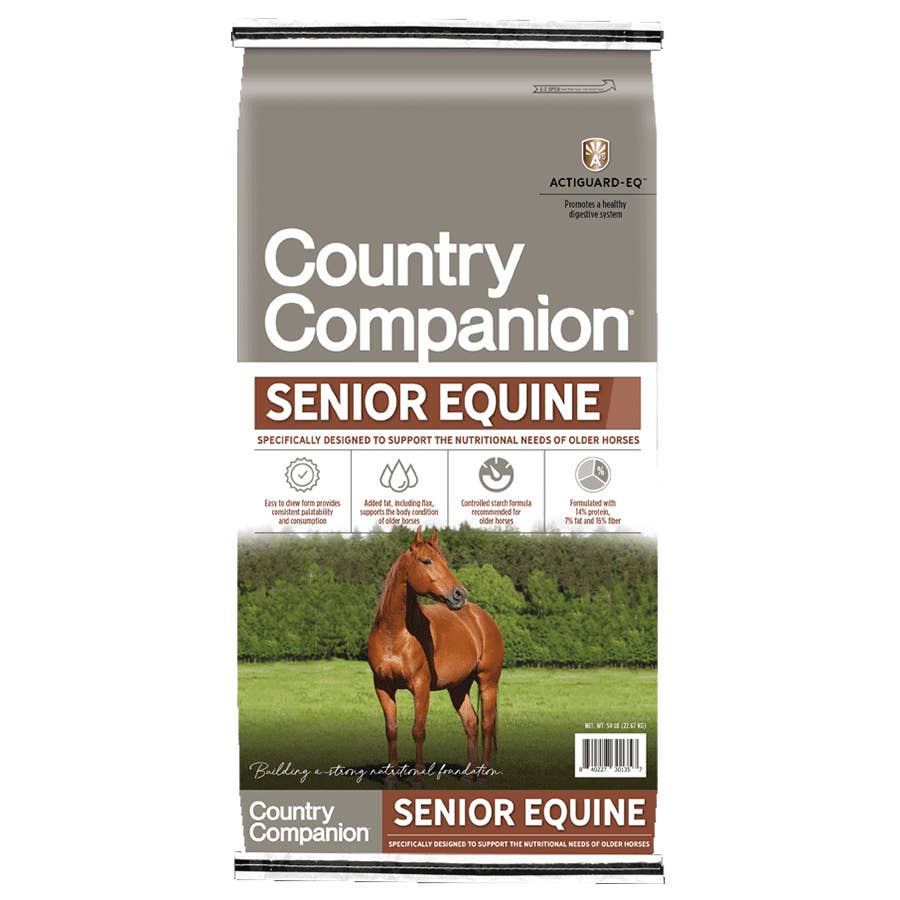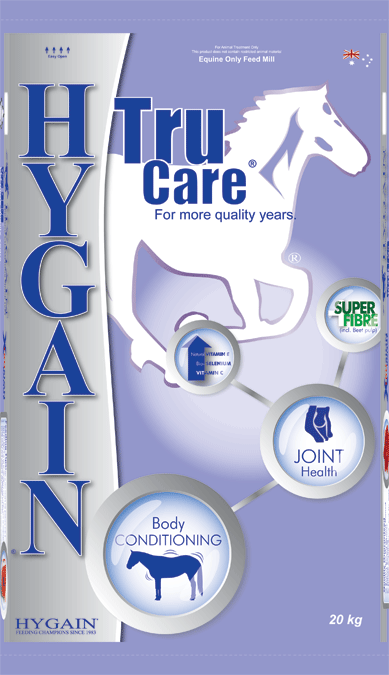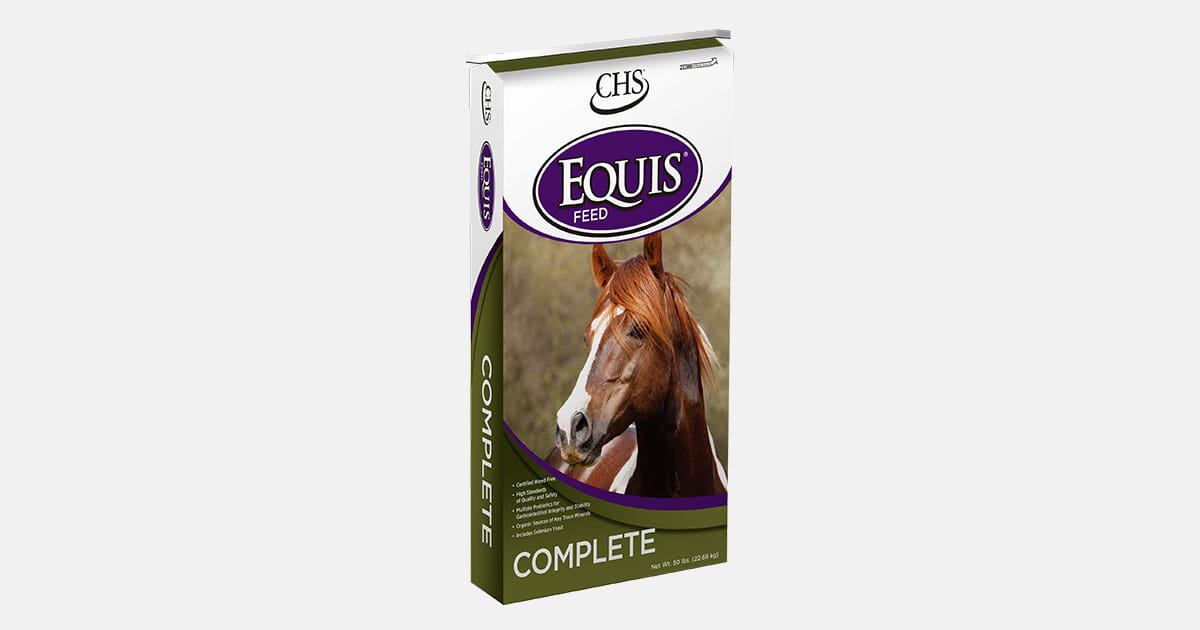How to Feed a Senior Horse: A Comprehensive Guide

Feeding a senior horse requires special attention to their changing nutritional needs, dental health, and overall well-being. As horses age, their metabolism slows, and they may face challenges such as tooth wear, decreased digestive efficiency, and altered activity levels. This guide will help you understand how to provide the best diet for your senior equine companion.
Understanding the Nutritional Needs of Senior Horses

Senior horses typically need diets that are:
- Easier to chew and digest due to dental issues
- Higher in fiber to support gut health
- Balanced in energy to prevent weight loss or gain
- Rich in vitamins and minerals to support aging joints and immune function
Key Nutrients to Focus On
| Nutrient | Importance | Sources |
|---|---|---|
| Protein | Maintains muscle mass and repair | Alfalfa, soybean meal |
| Fiber | Supports digestion and gut motility | Hay, beet pulp, senior feeds |
| Fat | Provides concentrated energy | Vegetable oils, rice bran |
| Vitamins & Minerals | Supports immune system and bone health | Fortified feeds, supplements |
Choosing the Right Feed for Senior Horses
Types of Feed
- Senior-specific commercial feeds: Formulated for easy chewing and balanced nutrition
- Forage: High-quality hay or pasture remains essential
- Supplements: To address specific deficiencies or health issues
Feeding Tips
- Feed smaller, more frequent meals to aid digestion
- Soak dry feeds to soften them if dental issues are present
- Monitor body condition regularly and adjust feed accordingly
Managing Dental Health
Regular dental check-ups are crucial for senior horses. Worn or missing teeth can make chewing difficult, leading to poor nutrient absorption. Floating (filing) teeth and addressing dental problems promptly can improve feed intake and overall health.
Hydration and Feeding Environment
Ensure constant access to clean, fresh water. Older horses may drink less, so encouraging hydration is vital. Feeding in a calm, comfortable environment reduces stress and promotes better eating habits.
Common Challenges and Solutions
| Challenge | Solution |
|---|---|
| Weight loss | Increase calorie density, add fat sources |
| Poor dentition | Use soaked feeds, senior pellets |
| Digestive upset | Introduce feed changes gradually, add probiotics |
Frequently Asked Questions (FAQ)
Q1: How often should I feed my senior horse?
A: Smaller, more frequent meals (3-4 times daily) help with digestion and nutrient absorption.
Q2: Can senior horses eat the same hay as younger horses?
A: Yes, but it should be high-quality and free from dust or mold to prevent respiratory issues.
Q3: Should I add supplements to my senior horse’s diet?
A: Supplements can be beneficial, especially for joint health, digestion, and immune support, but consult your vet first.
Q4: How do I know if my senior horse is getting enough nutrients?
A: Regular body condition scoring and veterinary check-ups can help monitor nutritional status.
Feeding a senior horse involves understanding their unique needs and adapting their diet accordingly. With proper care, your aging horse can enjoy a healthy, comfortable life.
This article is designed to provide helpful information but should not replace professional veterinary advice.
